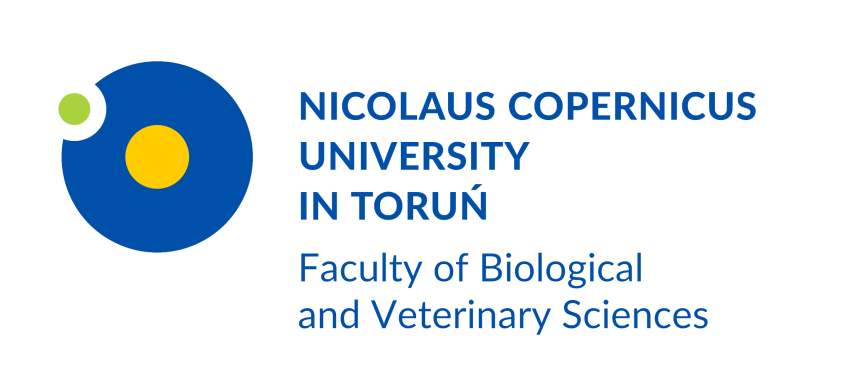Philosophy
Ecology is the scientific study of the distribution and abundance of living organisms from a broad temporal and geographical perspective. This definition includes two major maxims. First, ecology is a science. This focus commits us to a critical and analytical world view, but also to scientific and ethical standards. Scientists try to understand the world, they build on knowledge and explain this knowledge to others. Scientists also care on their study objects. Thus, ecology and environmental protection are intimately linked. Second, temporal and geographical perspectives are broad and multidisciplinary. The first ecologist were evolutionists, taxonomists, and biogeographers. We stand in this tradition. The interest in ecological patterns and processes from individual to evolutionary temporal scales and from local to global spatial scales is the starting point of our research and directs our teaching. Our scientific activities cover molecular and applied taxonomy, plant and animal biogeography, evolutionary and macroecological research up to applied statistics. This spectrum of interests implies an international approach and we cooperate with leading scientific institutions around the world. Hopefully, this helps to find new answers to old ecological questions.
Research interests
Our main interest regards the study of biological diversity in space and time. Using a variety of recently developed scientific methods and concepts we tackle this problem from different perspective. Particularly our approach is interdisciplinary including studies on plants and animals and using geographic (GIS), molecular, microscopic (SEM and 3D), bioinformatics and statistical methods. These research includes: molecular phylogenetics and its utility in ecological and evolutionary studies (Marcin Piwczyński), classical and applied taxonomy of Diptera (Krzysztof Szpila, Andrzej Grzywacz), biogeography, systematics and faunistics of Lepidoptera (Jarosław Buszko), dendroecology and dendrochronology (Marcin Koprowski, Radosław Puchałka), and theoretical and evolutionary perspectives on macroecology (Werner Ulrich). An important aspect of our research regards the development of new statistical tools and software solutions that allow for the prediction of biogeographic patterns.

 ul. Lwowska 1, 87-100 Toruń
ul. Lwowska 1, 87-100 Toruń![Chair of Ecology and Biogeography [fot. Chair of Ecology and Biogeography] Chair of Ecology and Biogeography [fot. Chair of Ecology and Biogeography]](http://www.umk.pl/wiadomosci/serwisy_wp/gallery/175/medium/KEiB.jpg)